Most people are faced with this same question: how to stand out in a crowd of job seekers? The answer comes down to one page: that is your cover letter, along with a stellar CV, of course. A strong cover letter shows your value, highlights your skills and also demonstrates your alignment with the position.
But how to write a cover letter that grabs attention? We will answer this question in this comprehensive guide so you don't miss out on making a great first impression. So without any delay, let us begin.
Get your personalized Cover letter!What Is a Cover Letter? What's The Purpose of It?
A cover letter is a type of formal letter in a single page that is submitted along with your CV for a job application. It emphasises your professional background and outlines the reasons that you are perfect for the role.
Additionally, it also offers you a chance to let the Interviewer know about you (briefly), and what drives you and your interest in the company or the role in a strategic way.
However, you may still have this question: What is the purpose of a cover letter? Do I really need to write one?' If you are someone who is stepping into thecorporate world or internship, you may be unsure of the purpose of a letter. So, the truth is that your resume only shows what you have done in the past, but cover letter for a job shows who you really are with your excellent communication skills. It is your chance to interact with the employer and explain why and how you are a strong match for the specific job or position.
In short, it helps you highlight your goals, motivation, academic projects and skills that align perfectly with the position. So, if you want to stand out from others and make a confident first impression, writing a cover letter is the first step. But do you also know that there are different types of cover letters? If not, then you should read the next section.
Types of Cover Letters
There are a variety of cover letters that you can choose from. Each one serves a different purpose.
Speculative Cover Letter
This short cover letter is sent without a specific job opening in mind. You write to express your interest in working in a company and to inquire if there are any opportunities. You can send a retail cover letter, if you are targeting a position in the retail business.
Academic Cover letter
This supports the application for academic roles and research positions. Also, it emphasises your educational background, research interests, publications and so on. It highlights how your academic achievements align with the institution or the program that you want to join.
Application Cover Letter
This type of cover letter is written to apply for a specific role or position. It shows your skills and experience related to the role. Also, it directly responds to the job description and helps the recruiter see why they should consider you.
Internship Cover Letter
It is written to seek temporary work experience. It focuses on your willingness to learn and elevate your skills. Since an internship is for a brief period,writing a cover letterhighlights your goals, motivation and skills to show your value to the employer.
Email Cover Letter
It is a type of letter that is sent directly in the body of an email instead of a separate attachment. However, you have to introduce yourself and explain your interest in the position, but in a brief way. So, it is quick, precise and professional to grab attention.
So, these are the different types of cover letters. Now, let us explore how to write a cover letter step-by-step.
How to Write a Cover Letter?
To write an impressive letter, you need to follow the steps given below:
Step 1- Start Strong
You should begin your cover letter opening paragraph with a strong statement to grab the attention of the employer. There are many ways that you can use to stand out from your competitors.
In this section, you will also explain what a cover letter ais bout and basic details (job title, company name).
Convey enthusiasm- Try to mention that you are a part of the company, its campaign, or its achievements.
Add a humour - Throw a little humour to make it enjoyable.
Step 2- Include Greetings
You should address your cover letter to a real person. Use the hiring manager's name if you can find it on the job post or the company website.
If you can't find a name, Dear Hiring Manager is a safe option. An older way includes the use of a greeting like "To whom it may concern." It may feel cold and impersonal.
A strong greeting shows you've taken time to tailor your letter. So, you can find a good cover letter template to add a touch to your application. It's a small detail that can help you stand out in a positive way.
Step 3- Show Your Value
This element is the heart of your cover letter. Pick two or three things you want to highlight. It can be a class project, a leadership role, or a part-time job.
The key is to focus on what the employer needs and how you can help. Use clear examples to show your skills in action. If the job asks for communication, mention a school presentation or event you helped plan. Don't list every skill. Instead, choose the most relevant ones and explain them briefly.
You don't need years of experience to show value. Your experiences as a student already show potential and growth.You can also look for some CV examples to find a good template to go with.
Step 4- Explain Why This Job
Employers want to know why you want to work for them. So, you need to show that you have done your research. You can mention a project they worked on or something you read on their website.
Then explain how that connects with you. A personal touch creates a professional cover letter and makes it more memorable and sincere.
Step 5- Close with Confidence
In your cover letter closing statement, you need to end by thanking the employer for their time and consideration. Let them know that you are looking forward to the chance to speak further. A strong finish leaves a good final impression. It shows that you're serious about the opportunity and ready to take the next step.
Now that you know how to write a cover letter by yourself, let us explore what essentials to include in it that will make it impressive.
What to Include in a Cover Letter?
A cover letter emphasises your skills, experience, and interest. It also demonstrates to the employer that you are the right fit. In the following section, you will learn the key elements to include so that your cover letter stands out.
Your contact information
You should start your cover letter by providing your details, like :
- Your name
- Phone number
- Email address(at the top)
It ensures hiring managers can easily reach you.
The employer's details
Next, you should include:
- name of the employer/recruiter/hiring manager
- their job title
- Company's name
- Company's address
It highlights that you have done your research when you use a specific name. However, if you do not find one, then use "Dear Hiring Manager". Also, you can look for how to address a cover letter UK online for relevant examples.
Name of the job/position
You need to ensure that you clearly state the job or internship you are applying for. You can do this in the subject line or your opening sentence.
Also, it helps the recruiter to identify the role you want if they have multiple openings.
Highlight Relevant Skills and Experiences
You need to focus on the skills and experience that align with the job description.
You can use examples from school, volunteer work, or part-time jobs or cover letter tips UK jobs to show how you have developed these skills; however, be specific.
Finish with Confidence and Next Steps
Conclude your cover letter by summarising why you're a good fit for the role and expressing enthusiasm. Politely invite the employer to review your resume and contact you for an interview.
For instance, you can include a cover letter closing statement. It can be like "Thank you for your consideration. I am looking forward todiscussing how I can contribute to the company". In addition, you can seek assistance for a personal statement for a job application UK from online experts.
These are the essentials that you need to include in a your letter, let us learn what exactly makes a good cover letter.
What Makes a Good Cover Letter?
So, what makes a good cover letter for a job that catches the attention of the hiring manager? Well, there are some extra touches that need to be made to make it exemplary. Let us learn about them.
Personalisation
- A great cover letter is tailored according to the specific job and company.
- It shows that you have researched the hiring manager and understand what they're looking for.
- It helps demonstrate genuine interest and effort.
Clear & Relevant Content
- Keep your writing focused and easy to read.
- Use concrete examples to show how you've applied those skills in real situations.
- It makes your letter convincing and memorable.
Professionalism and Accuracy
- A strong cover letter is free from spelling and grammar mistakes.
- It is neatly formatted.
- It shows attention to detail and respect for the hiring manager's time.
- It leaves a positive impression and thus increases your chances of moving forward.
These are the key elements that make a cover letter stand out. Now that you understand how to write one and what to include, it's time to explore some examples to help you learn even better.
Also, if you need extra support with your academics or professional tasks, UK Assignment Help can provide personalised guidance to polish your documents.
Cover Letter Examples
This section includes some CV cover letter examples crafted by our expert to guide you better. You can use this for your job, internship or other roles.
|
Example- Job Application Cover Letter Your Name Your Email Your Phone Number Profile – optional Date Hiring Manager's Name Job Title Company Name Company Address Dear Hiring Manager, [Opening Statement] I am writing to apply for the Marketing intern position at XYZ Company, which I saw on [Job Board/Company Website]. I am interested in this role because I am enthusiastic about gaining real-world experience with a company renowned for its strong social media presence and creative campaigns. [Body Content] I am currently a student at ABC University, pursuing an MBA with a specialisation in marketing strategies. I have developed skills in creating content, social media strategy, and data analysis through group projects. I led a campaign project in the last semester, which increased engagement by 20%, and taught me the value of creativity and the importance of teamwork. What draws me most to XYZ Company is your commitment to fresh ideas and authentic customer connections. I would love to contribute to your team. [Closing Statement] Thank you for considering my application. I have attached my resume and am looking forward to discussing how I can support XYZ Company's marketing goals. Sincerely, [Your Name] |
Mistakes To Avoid & Final Tips
In your cover letter, it is critical to avoid some common mistakes that could hamper your chances. Also, these errors can affect how hiring managers view your professionalism, clarity, and attention to detail. In addition, you can take personal guidance from resume writing services and receive feedback on the content, structure of your letter, and avoid common errors.
Here are a few mistakes that you can learn from.
|
Mistake |
Description |
|
Grammar and Spelling |
Mistakes and poor grammar indicate a lack of attention to detail. |
|
Repetition of Resume |
You should not restate your resume; instead, add value by explaining why you are perfect for the role. |
|
Lack of Focus |
You should avoid vague statements. Be clear about your skills and how they match the role or position |
|
Too Long or Too Short |
Write a short cover letter, as overly long letters can lose the employer's interest. |
|
Ignoring Instructions |
You must follow application guidelines, such as the cover letter format, and include basic details. |
|
Unprofessional Tone |
You should avoid colloquial language or slang. Then, maintain a formal and polite tone. |
|
Not addressing properly |
It is best to address a specific person in your letter rather than writing the same old-fashioned "To Whom It May Concern." |
|
Failing to Show Enthusiasm |
You should express genuine interest in the position and company. |
|
Overly Complex Language |
Use a clear and straightforward language instead of jargon or complicated words. |
|
No Call to Action |
A call to action statement must not be forgotten. It is to invite further contact or an interview. |
|
Extreme Self-Praise |
It is good to be confident, but you must avoid being boastful or arrogant about your achievements. |
These are the mistakes that one must avoid in a CV cover letter. However, there are also a few tips that you can follow to make your letter exemplary.
- Use the same font size as your CV
- Write a cover letter that is clear and concise.
- Show interest and willingness for the position and do your research about the company and the role.
- Write a new one for every job you apply for and make sure that it is tailored to the company and the specific role.
- Proofread and check for grammar, spelling, and errors.
- Keep an additional copy with you for the interview round.
- Back up your skills and statements with appropriate evidence you make as relevant facts.
So, these are the points to keep in mind to write an impressive letter.
Final Thoughts
So, we hope you learnt how to write a cover letter along with its purpose and types. It might seem tough to you at first. But we hope, with this guide, it has become an easy chore. But, as it is said, practice makes things perfect. So, you should keep practising your letter.
Also, make sure it is original and tailored particularly to a company or role. You can use a tool like a free plagiarism checker to ensure that it is accurate and polished. Your confidence and results will grow with time. A cover letter can be a chance to stand out, so you must make it count!
Frequently Asked Questions
Q1. How Long Should a Cover Letter Be?
A cover letter is one page long with three to five paragraphs. It must be clear and have a word count range between 250-400. The purpose here is to emphasise key skills and explain why you are a good fit.
Q2. How Many Words Should a Cover Letter Be?
A cover letter should be about 250-400 words. It should be divided into two to five paragraphs and can be one page long in format. The key is to be concise and impactful, so avoid something overly verbose.
Q3. How to Start a Cover Letter?
The start of your cover letter should grab the recruiter's attention. You should introduce yourself with your skills and experiences. Then, mention the role you are applying for and explain how you came across the opportunity.
Q4. Do Cover Letters Need a Template?
Generally, cover letters do not require a template. But you can use one to get a starting point. It can help you with writing and structure. Also, templates ensure a professional tone and presentation, but you must personalise them.
Free Tools

Easy to Use Paraphrasing Tool to Simplify Complex Academic Writing
Check Now
Get Structured Outline by Professionals for Your Dissertation
Check Now
Effortlessly manage citations and references with our smart referencing tool
Check NowPrice Calculator
- Plagiarism
- Pricing
- Order Now
- Call Back
- Live Chat

Limited Time Offer
Exclusive Library Membership + Free 300$ Wallet Balance

Get $300 Now
Update your Number

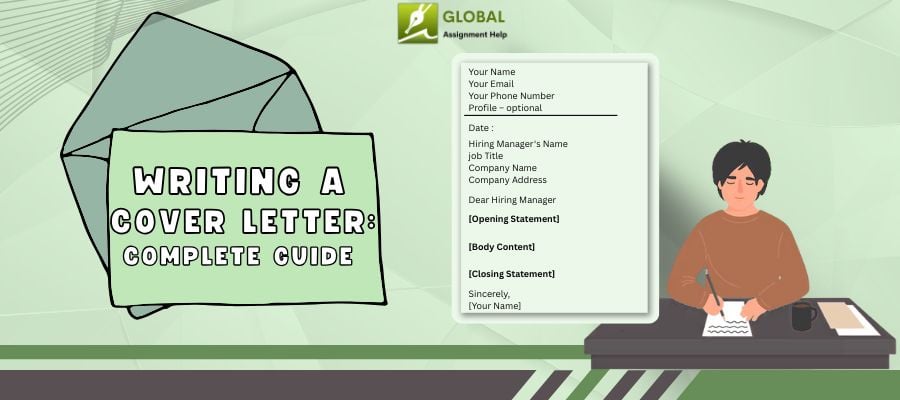






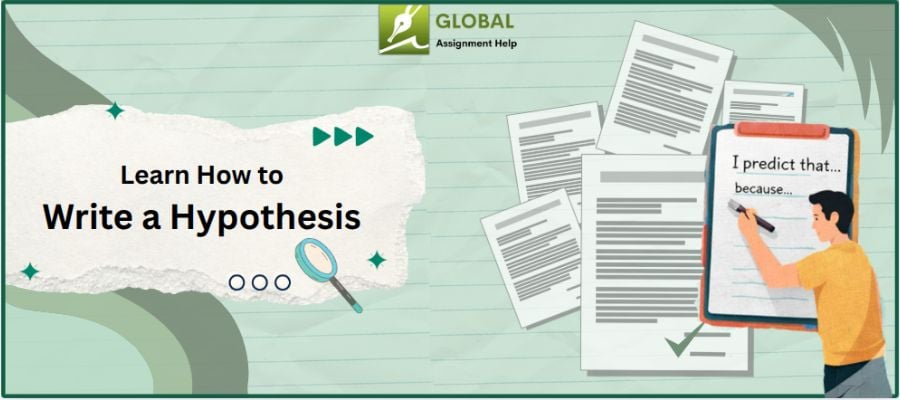

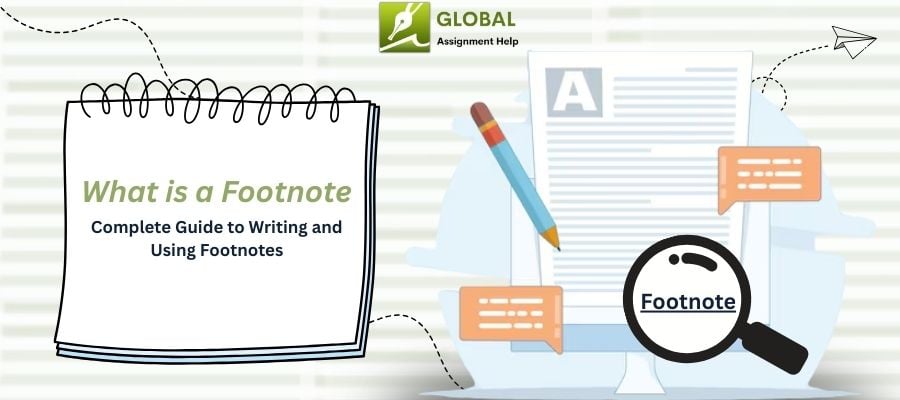
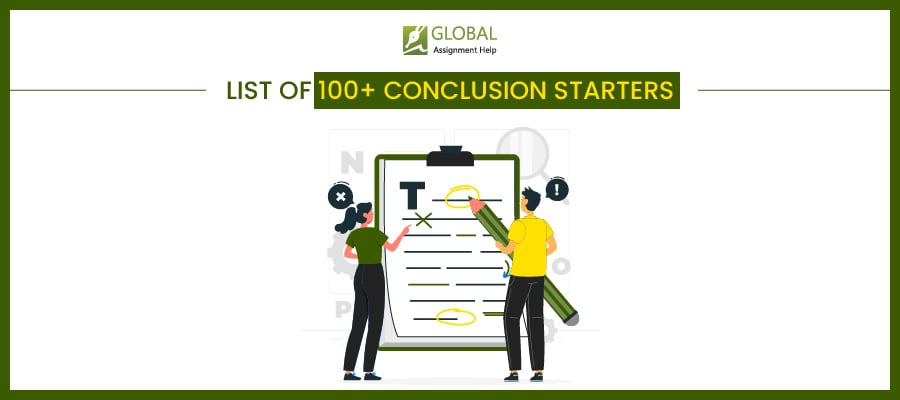





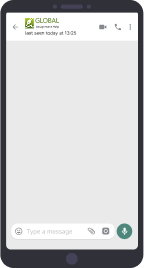











Thank you for submitting your comment on this blog. It is under approval. We will carefully review your submission and post it on the website.